
Date: 2 August 2024
Any score below 50 indicates a billings decline, although this month’s score indicates that somewhat fewer firms reported a decline in billings in June than in May.
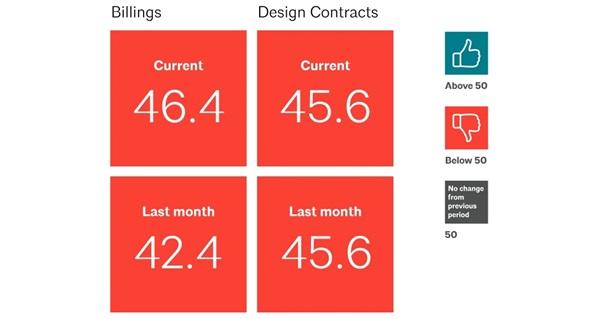
"Architecture firms continue to face a period of headwinds in the construction sector, driven by elevated interest rates, high construction costs, and generally weak property values,” said Kermit Baker, PhD, AIA Chief Economist. “This is the seventeenth consecutive month of a billings decrease and yet, despite the softness firms remain generally optimistic that conditions will start to improve once interest rates begin to ease.”
Indicators of future work remained generally soft as well:
• Only slightly more than half of the responding firms reported an increase in inquiries into new work.
• Firms reported a third consecutive month of decline in value of newly signed design contracts.
• While many firms still have a healthy backlog of projects in the pipeline, 6.4 months on average, this is the lowest that backlogs have been in more than three years.
The ABI score is a leading economic indicator of construction activity, providing an approximately nine-to-twelve-month glimpse into the future of nonresidential construction spending activity. The score is derived from a monthly survey of architecture firms that measures the change in the number of services provided to clients.
Key ABI highlights for June include:
• Regional averages: Northeast (52.2); Midwest (40.9); South (43.9); West (43.1)
• Sector index breakdown: commercial/industrial (42.0); institutional (44.3); mixed practice (firms that do not have at least half of their billings in any one other category) (46.9); multifamily residential (45.1)
• Project inquiries index: 51.6
• Design contracts index: 45.6
The regional and sector categories are calculated as three-month moving averages and may not always average out to the national score.
Visit AIA’s website for detailed information about this, and past billing index reports.
 600450
600450

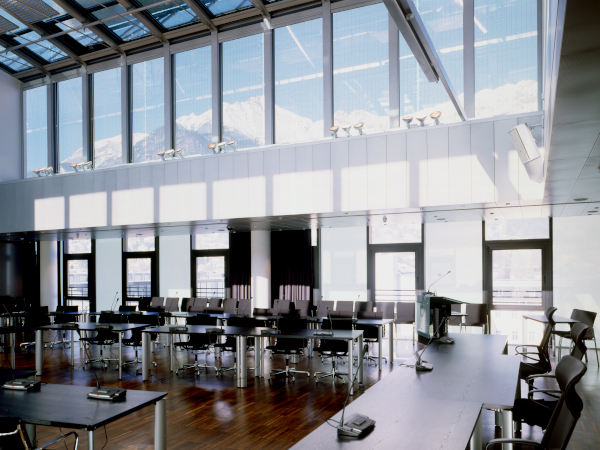
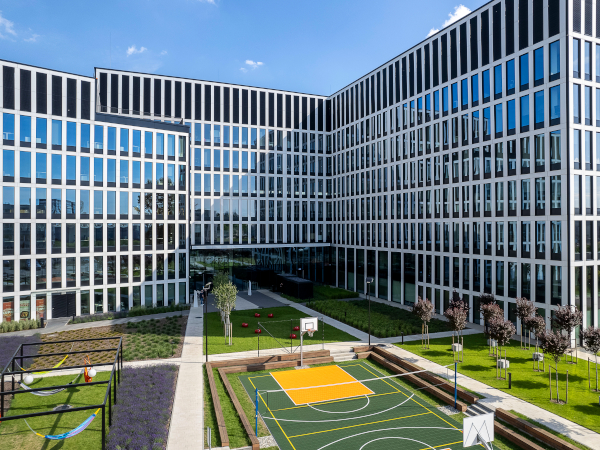
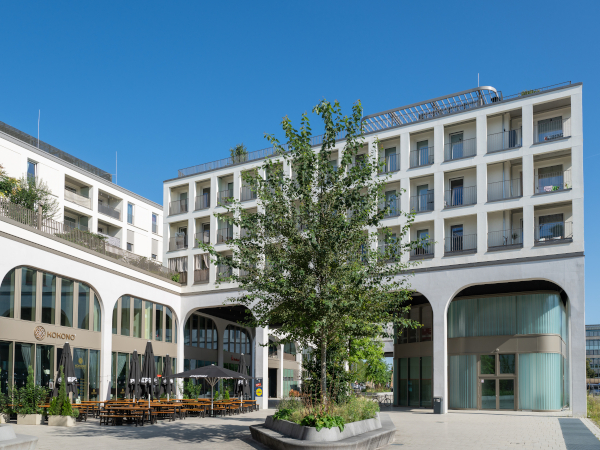
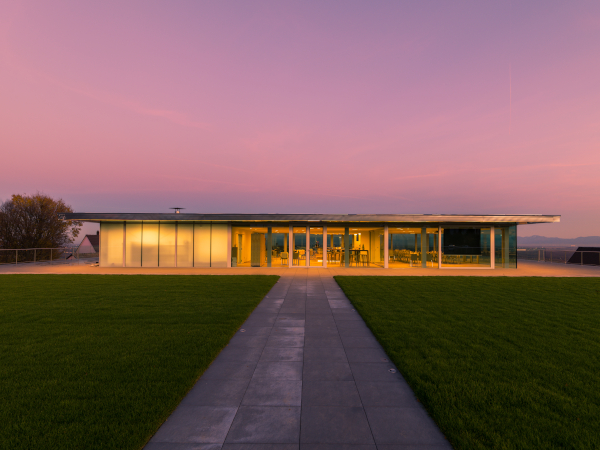
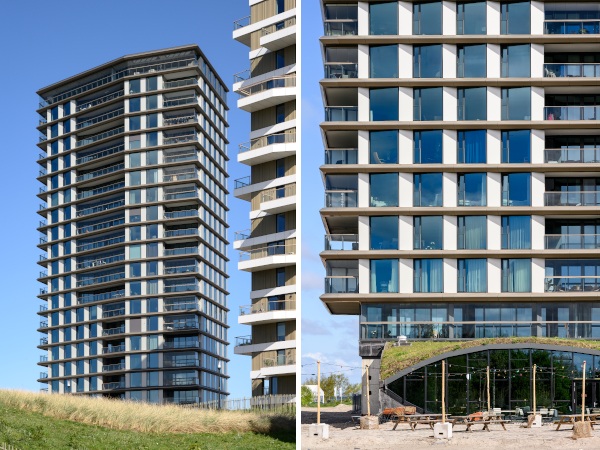
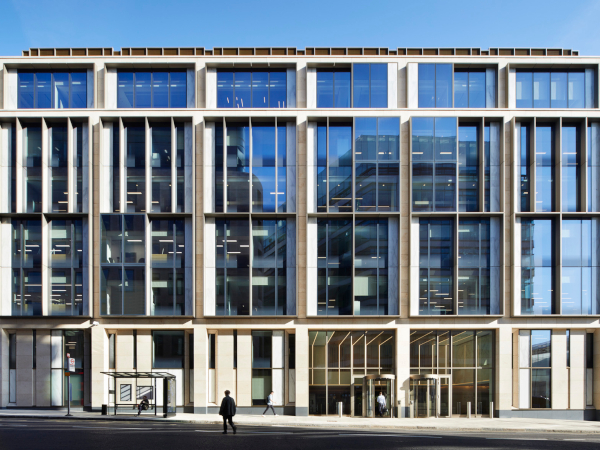




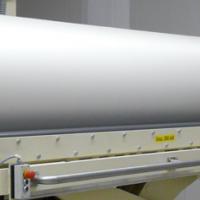
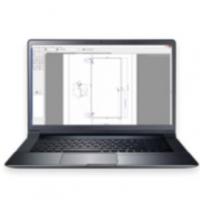


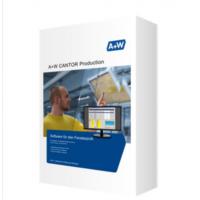
Add new comment